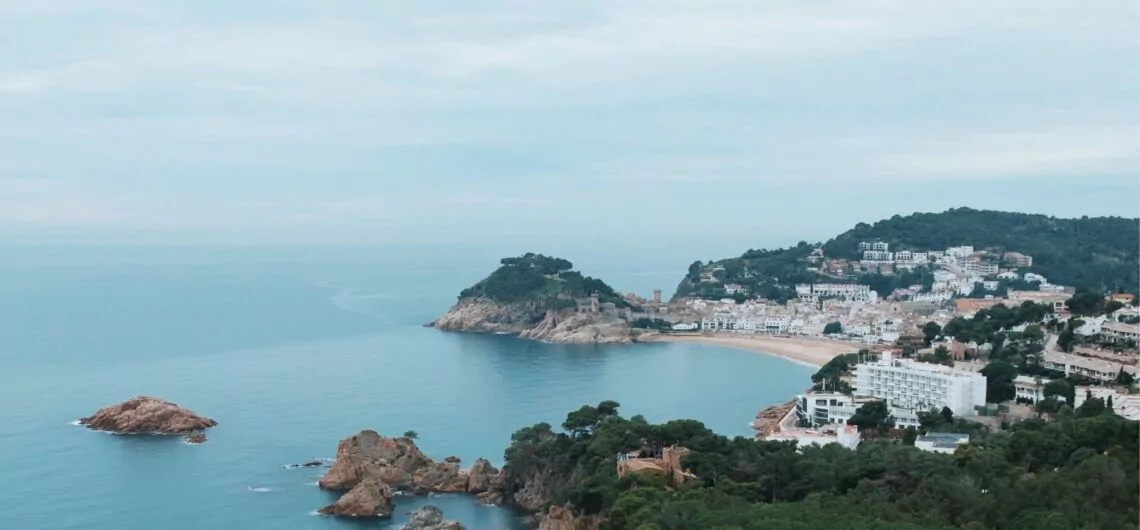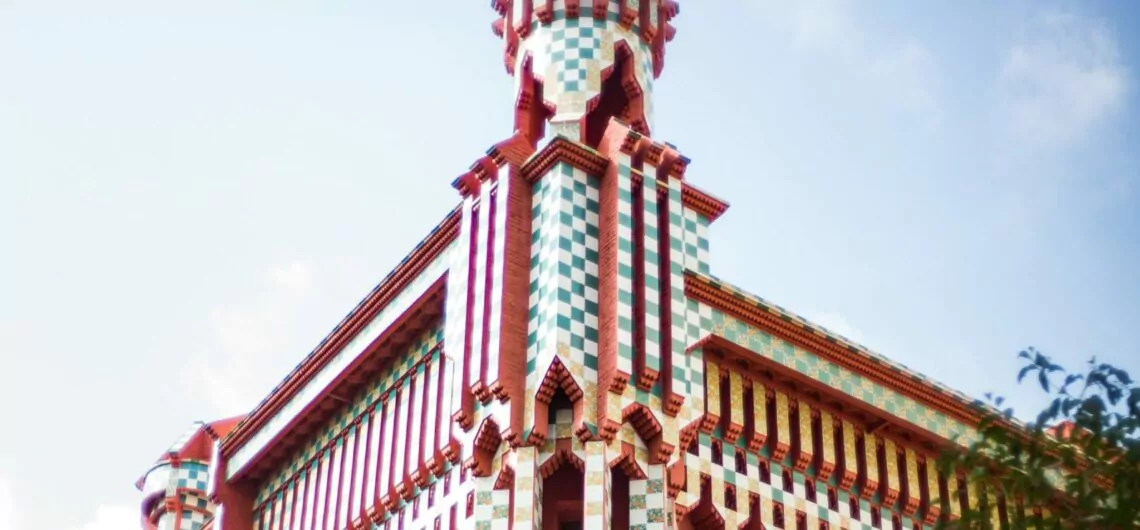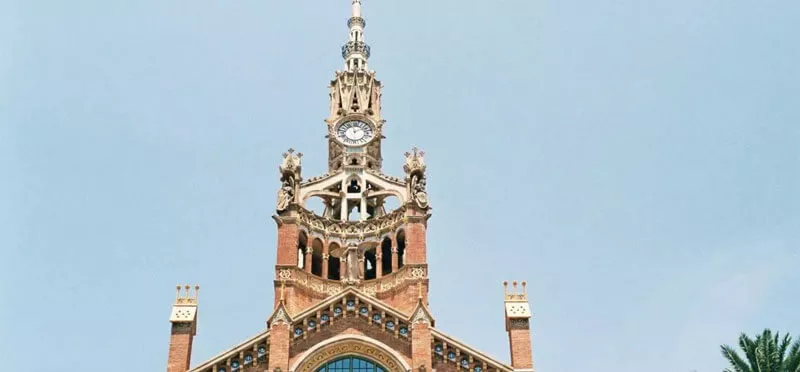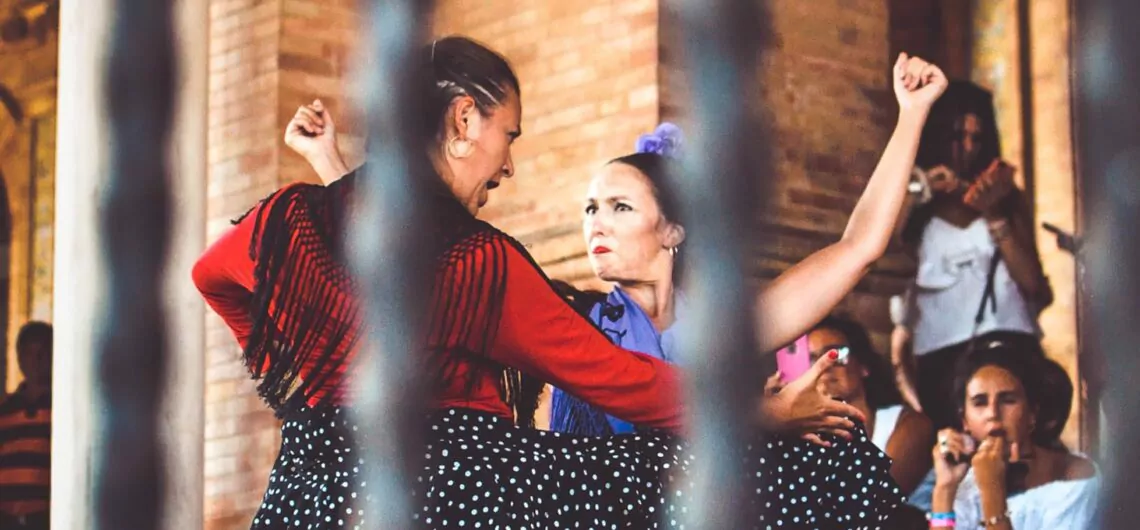Sink your toes and plant your umbrellas without having to travel far. 5 easily reached Beaches & 5 hidden gems near Barcelona 1 Playa de Sant Sebastià You find this particular beach in the old town and the marina of Sitges, located in a neighborhood of seafaring tradition. It is a family beach frequented by residents of the
Eating healthy is about finding the proper ratio between your body and mind. It´s a mood about feeling great, having more energy, improving your insights towards to a better world and society. Once you´re overwhelmed by all that the nature gives to you, so you will be more inspired to live, and travel. But travelling
In this post, we explore more about Casa Viçens, a “hidden” Gaudí gem. Perhaps it is a bit odd to refer to a building by Barcelona’s favourite architect, Antoni Gaudí, as a hidden gem, however, this house – his very first commission – is easy to overlook due, in part, to its location. Casa Viçens
As true Barcelona enthusiasts, at BarcelonaTours we feel the need to promote more than the most widely known attractions in the city. This is our goal for our “Hidden Gem” stories, we are doing small presentations of things in Barcelona that we find fantastic, but that might not be on everyone’s to-do list. The topic
It is a common misconception that Barcelona is part of the very Spanish tradition of flamenco. This is not the case. Flamenco originates from the southern region Andalucía’s contact with Arab (North-African) culture. The Catalonian folk music, on the other hand, with its root further north in Europe, could hardly be more different! This doesn’t
July, simply put, is usually a scorcher in Barcelona. The spring showers have passed, the summer storms of August have yet to come, so it’s blue skies and hot sands as far as the eye can see. July also is one of the busiest months of the year when it comes to festivals, both international
Are you feeling the pressure? That nagging end of the year feeling, the need to have the maximum amount of fun lined up for New Year’s Eve? If you are in Barcelona, you’re in luck, we’ll point you in the direction of the best restaurants, activities and parties on the night. No Sour Grapes! In







